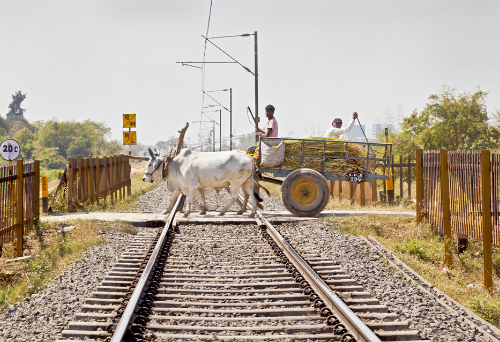The unappreciated spillovers of China’s monetary policy
Identifying the transmission mechanisms of global shocks for better business-cycle management in developing countries “The emergence of China as the largest official lender has far-reaching implications for developing countries. Understanding monetary spillovers from China makes policy makers better aware of the nature of international shocks in order to make better decisions.” Jinglun Yao, PhD candidate…










